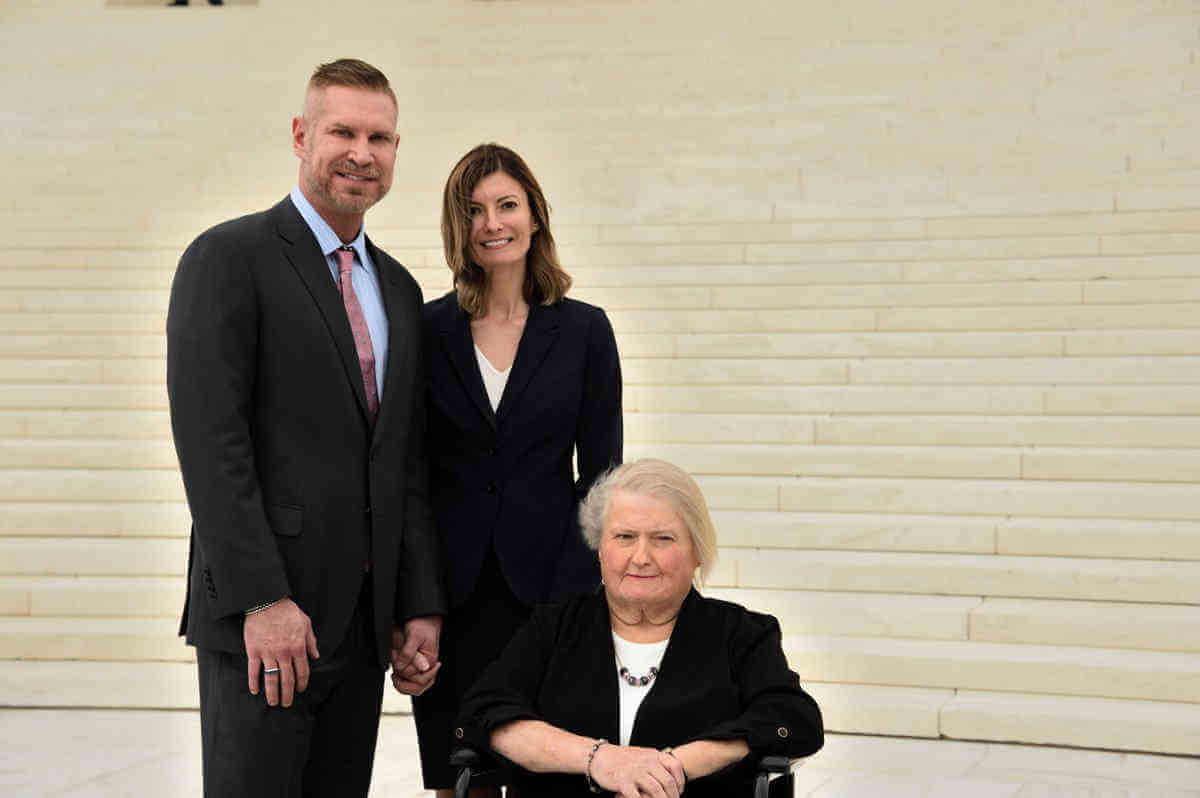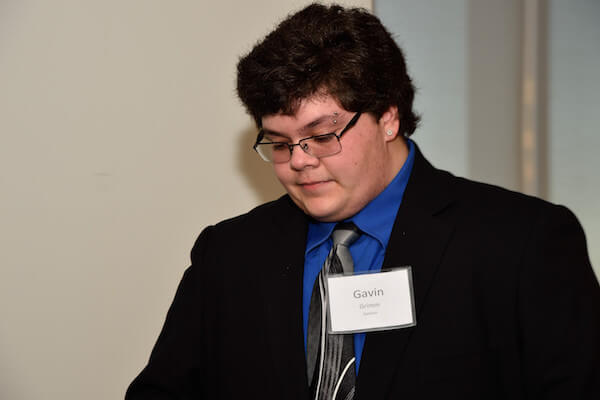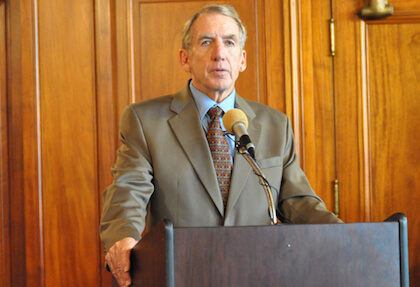Aimee Stephens, a trailblazer who brought her former employer to the Supreme Court for firing her because she was transgender, died on May 12 at the age of 59.
Stephens had long suffered from kidney disease and she was moved into hospice care two weeks ago — just as the Supreme Court was preparing to issue decisions in her landmark case and two related lawsuits pertaining to whether gender identity or sexual orientation are protected classes under the Title VII employment nondiscrimination protections of the 1964 Civil Rights Act. Decisions in those cases are expected soon and could have serious implications extending beyond employment.
“Thank you from the bottom of our hearts for your kindness, generosity, and keeping my best friend and soulmate in your thoughts and prayers,” Aimee’s wife, Donna Stephens, said in a written statement. “Aimee is an inspiration. She has given so many [people] hope for the future of equality for LGBTQ people in our country, and she has rewritten history. The outpouring of love and support is our strength and inspiration now.”
Stephens’ case centers on her previous job as a funeral director at the Detroit-based Harris Funeral Homes, which has been represented by the anti-LGBTQ legal group Alliance Defending Freedom. Stephens was fired from that job in 2013 when she informed the company’s owner, Thomas Rost, about her plans to transition.
Despite her death, the case remains a live issue. The federal Equal Employment Opportunity Commission (EEOC), which shared her view that discrimination on the basis of gender identity is inherently sex discrimination, prohibited under Title VII. And the suit sought back pay and damages, which would now be payable to her estate.
Rost is a Christian who believes that “the Bible teaches that a person’s sex is an immutable God-given gift” and claimed he would be “violating God’s commands if he were to permit one of the Funeral Home’s funeral directors to deny their sex while acting as a representative of the organization.” He also believed he would be violating God’s commands if he were to “permit one of the Funeral Home’s male funeral directors to wear the uniform for female funeral directors while at work.”
The EOCC, which enforces Title VII, sued the funeral homes under the 1964 Act, but Rost expressed his religious-driven opposition to gender transition, arguing that the Religious Freedom Restoration Act (RFRA) protected him from liability. Stephens was a co-plaintiff in that case.
In a mixed ruling, the trial judge ruled that although the firing violated Title VII, but that the RFRA shielded Harris Funeral Home from liability. The Sixth Circuit Court of Appeals in Cincinnati confirmed the Title VII aspect of that ruling but also concluded that adhering to Title VII in this case did not compromise the employer’s free exercise of religion. The nondiscrimination provisions in Title VII, the court found, were of general applicability and did not target any specific religious practices or beliefs.
Stephens was among those on hand during arguments in the cases last October at the Supreme Court. She was widely respected and hailed as an icon for LGBTQ people, who looked up to her as a symbol of hope for queer rights.
“Aimee did not set out to be a hero and a trailblazer, but she is one, and our country owes her a debt of gratitude for her commitment to justice for all people and her dedication to our transgender community,” Chase Strangio, a member of Stephen’s legal team and deputy director for Trans Justice with the American Civil Liberty Union’s LGBT & HIV Project, said in a written statement. “When Aimee decided to fight back after she was fired for being transgender, she just wanted it to be acknowledged that what happened to her was wrong. Being a part of Aimee’s team at the Supreme Court has been one of the proudest moments of my life because of the amazing person behind the case. As a member of her legal team, I am deeply sad for this loss. As a transgender person and an advocate, I am filled with both grief and rage that we have lost an elder far too soon. As we, and millions, carry her work for justice forward, may she rest in power and continue to guide us on this path.”
The two related cases before the Supreme Court center on the firings of gay men who said they were canned because of their sexual orientation. In one of those two cases, Gerald Lynn Bostock, a gay man who worked in child welfare services for the Clayton County Juvenile Court System in Georgia, said he was fired due to his sexual orientation. However, his claim was dismissed by the trial court. The 11th Circuit Court of Appeals also rejected his claim, pointing to a 1979 circuit precedent that concluded Title VII does not ban discrimination on the basis of sexual orientation.
In the third case before the Supreme Court, a now-defunct skydiving company, Altitude Express, fired Donald Zarda at least partly due to his sexual orientation. His claim was rejected by a federal trial court in New York, pointing to the precedents established by the Second Circuit years before, but the Court of Appeals overruled its previous precedents and concluded that Title VII does indeed pertain to sexual orientation. Zarda passed away due to a skydiving accident, so his surviving spouse, William Moore, and his sister, Melissa Zara, have continued pushing his case as co-executors of his estate.
To sign up for the Gay City News email newsletter, visit gaycitynews.com/newsletter.


































